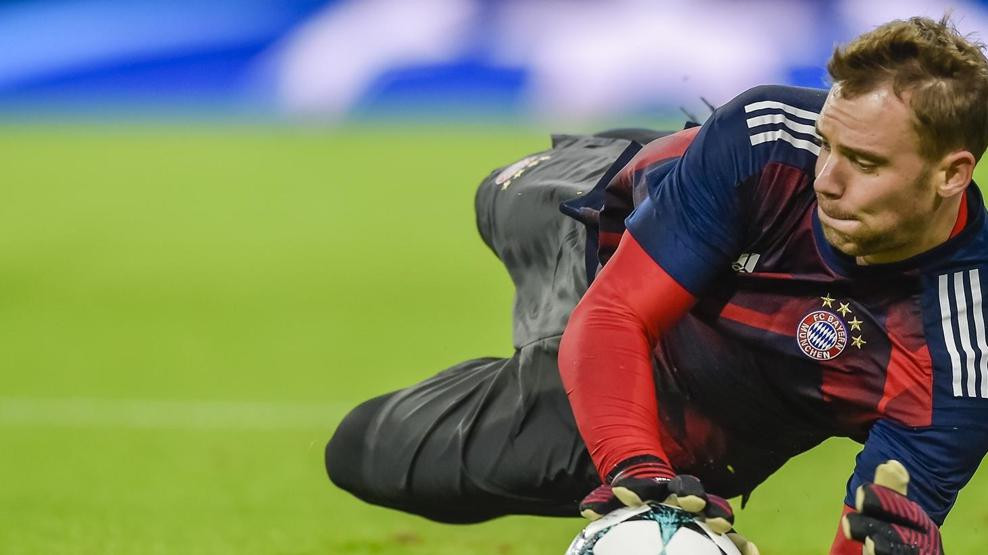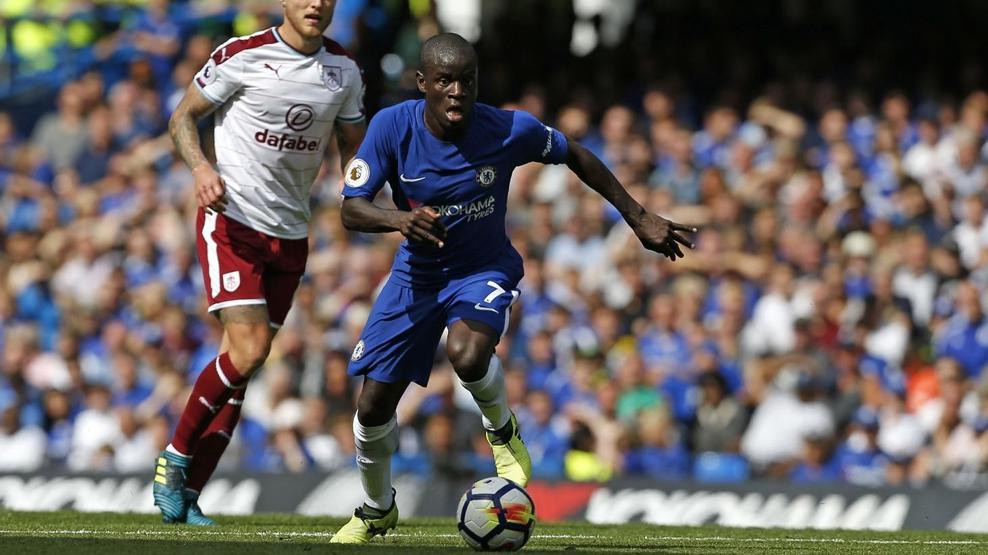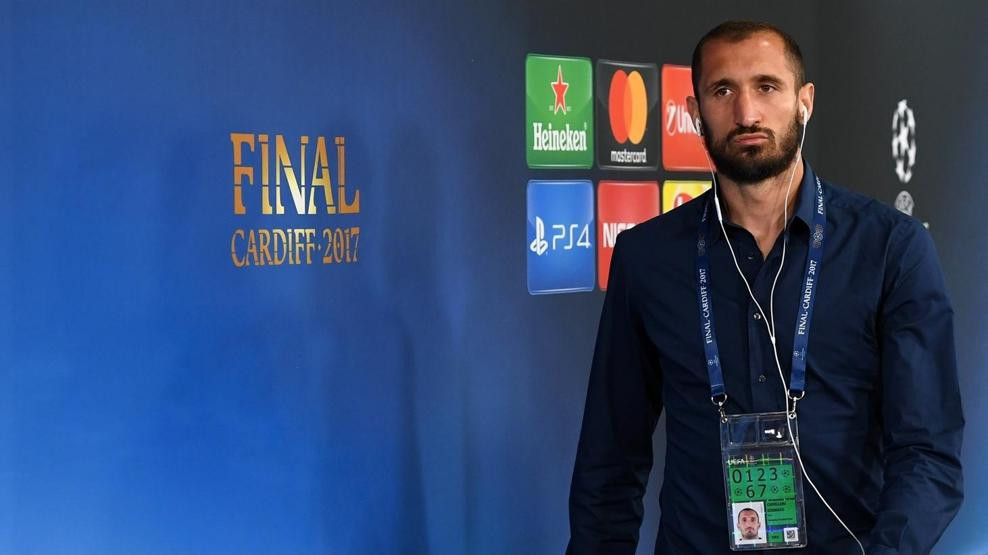Navigating the world of football (soccer) can be thrilling, but mispronouncing players’ names can be a real fumble. This guide, brought to you by CAUHOI2025.UK.COM, helps US fans master the art of pronunciation, ensuring you sound like a seasoned pro, not a rookie. We’ll cover common pitfalls, tricky sounds, and provide phonetic breakdowns of names from top teams, allowing you to confidently discuss your favorite players.
1. Why Accurate Pronunciation Matters
In the vibrant world of football, getting player names right shows respect and understanding. It elevates your engagement with the sport, allowing for more meaningful conversations with fellow fans. Moreover, accurate pronunciation helps avoid embarrassing gaffes in discussions or on social media.
1.1. Showing Respect and Understanding
Correctly pronouncing a player’s name shows that you value their identity and cultural background. Mispronunciation, even unintentional, can be disrespectful and alienating, especially for players from less-represented regions.
1.2. Enhanced Communication with Fellow Fans
Using the correct pronunciations facilitates smoother and more informed conversations with other football enthusiasts. When you say names accurately, you demonstrate your knowledge and passion for the game, strengthening your connection with the football community.
1.3. Avoiding Embarrassing Gaffes
Imagine confidently discussing a match, only to stumble over a key player’s name. Accurate pronunciation can prevent such awkward moments, ensuring you come across as a knowledgeable and sophisticated fan.
2. Decoding the Sounds: A Phonetic Primer
Many pronunciation challenges stem from unfamiliar sounds across different languages. Understanding basic phonetic principles can greatly improve your accuracy.
2.1. Vowel Variations
English vowels often differ significantly from their counterparts in other languages. For instance, Spanish vowels are generally shorter and more consistent than English vowels.
- Spanish “a”: Pronounced as “ah” in “father.”
- French “u”: A sound that doesn’t exist in English, similar to “ee” with rounded lips.
2.2. Consonant Conundrums
Certain consonants can also pose difficulties. The Spanish “j” sounds like an English “h,” while the German “ch” is a guttural sound not found in English.
- Spanish “j”: Pronounced as “h” in “house.”
- German “ch”: A sound made in the back of the throat, similar to clearing your throat.
2.3. Accent Marks and Their Impact
Accent marks often indicate stressed syllables and can alter pronunciation. Ignoring these marks can lead to mispronunciation.
- Acute Accent (´): Typically indicates stress on the syllable. For example, José is pronounced with emphasis on the “se.”
- Grave Accent (`): Less common, but can also affect pronunciation in some languages.
3. Team-by-Team Pronunciation Guide
Let’s dive into specific teams and players, providing phonetic breakdowns to guide you. This section will grow, so check back often for updates!
3.1. FC Barcelona
Barcelona’s global appeal has minimized some errors, but certain names remain tricky.
- Paco Alcácer: Al-kah-ther
- Lucas Digne: Loo-kah Dee-nyuh
- Lionel Messi: Lee-oh-nell (Note: Not pronounced the same in Spanish as in English)
- Ivan Rakitić: Ra-key-titch (The “ć” is pronounced like the English “ch”)
3.2. FC Bayern Munich
Navigating German names can be challenging.
- Joshua Kimmich: Kim-ikh
- Robert Lewandowski: Le-van-dov-ski (The Polish “w” sounds like an English “v”)
- Manuel Neuer: Man-well Noy-er
 Manuel Neuer
Manuel Neuer
Alt text: Manuel Neuer in Bayern Munich jersey.
3.3. Chelsea FC
While many are familiar, some French names require attention.
- César Azpilicueta: Ath-pili-coo-et-ah
- Olivier Giroud: Jee-roo
- N’Golo Kanté: Con-tay (Sounds similar to Antonio Conte for English speakers)
 N'Golo Kanté
N'Golo Kanté
Alt text: N’Golo Kante smiling during Chelsea FC match.
3.4. Manchester City
A mix of international talent brings varied pronunciations.
- Kevin De Bruyne: De Bruh-nah (Not “De-broy-nee”)
 Kevin De Bruyne
Kevin De Bruyne
Alt text: Kevin De Bruyne focused on the ball in Manchester City game.
- İlkay Gündoğan: Ilk-eye Gun-doe-wan
- Gabriel Jesús: Jay-zooss
3.5. Paris Saint-Germain
French vowels can be tricky, but manageable.
- Adrien Rabiot: Ad-ree-an Rab-yo
 Adrien Rabiot
Adrien Rabiot
Alt text: Adrien Rabiot in action for France national team.
- Marquinhos: Mar-keen-yoss
3.6. Juventus
Italian names often have straightforward pronunciations, but some exceptions exist.
- Giorgio Chiellini: Kee-ell-ee-nee (The Italian “ch” sounds like a “k”)
 Giorgio Chiellini
Giorgio Chiellini
Alt text: Giorgio Chiellini defending for Juventus.
- Paulo Dybala: Dee-bar-lah
- Wojciech Szczęsny: Voy-check Schen-snee
3.7. Real Madrid
Spanish names generally follow consistent rules.
- Dani Carvajal: Car-va-hal
- Toni Kroos: Crows (The “oo” sound is different from English)
 Toni Kroos
Toni Kroos
Alt text: Toni Kroos controlling the midfield for Real Madrid.
- Luka Modrić: Mod-rich (The “ć” is pronounced like the English “ch”)
4. Common Pitfalls and How to Avoid Them
Certain tendencies lead to mispronunciations. Being aware of these can help you self-correct.
4.1. Anglicizing Foreign Names
The urge to pronounce foreign names as if they were English is strong, but resist it. Instead, try to approximate the original sounds.
4.2. Ignoring Silent Letters
Many languages have silent letters. Research the specific pronunciation rules for each language.
4.3. Misplacing Stress
Incorrect stress can completely change the sound of a name. Pay attention to accent marks and syllable emphasis.
5. Resources for Pronunciation Perfection
Several resources can aid your pronunciation journey.
5.1. Online Pronunciation Guides
Websites like Forvo offer audio pronunciations of names from native speakers.
5.2. Football Commentary
Listen carefully to commentators, especially those who are multilingual or have a deep understanding of international football.
5.3. Language Learning Apps
Apps like Duolingo can help you grasp basic phonetic principles and practice pronunciation.
6. The Role of Media and Commentators
Media outlets and commentators play a significant role in shaping pronunciation norms. However, they aren’t always accurate.
6.1. Varying Standards of Accuracy
Pronunciation standards can vary among commentators. Some prioritize accuracy, while others lean towards easier, anglicized versions.
6.2. Impact on Public Perception
The pronunciations used by prominent commentators often become widely accepted, even if they’re not entirely correct.
6.3. The Responsibility of Media Outlets
Media outlets have a responsibility to strive for accuracy and promote respectful pronunciation of player names.
7. Cultural Sensitivity and Pronunciation
Pronunciation is intertwined with cultural sensitivity. Making an effort to pronounce names correctly shows respect for diverse backgrounds.
7.1. Respecting Cultural Identity
Names are an integral part of personal and cultural identity. Pronouncing them correctly acknowledges and validates that identity.
7.2. Avoiding Stereotypes
Mispronunciation can reinforce negative stereotypes and create a sense of otherness.
7.3. Promoting Inclusion
Accurate pronunciation promotes inclusivity and fosters a more welcoming environment for players from all backgrounds.
8. The Future of Pronunciation in Football
As football becomes increasingly globalized, the importance of accurate pronunciation will only grow.
8.1. Globalization of Football
With players from diverse linguistic backgrounds, accurate pronunciation is crucial for international communication.
8.2. Technological Advancements
AI-powered pronunciation tools may offer real-time guidance and feedback in the future.
8.3. Increased Awareness
Increased awareness of cultural sensitivity will drive greater emphasis on correct pronunciation.
9. Examples of Commonly Mispronounced Names and Their Correct Pronunciations
To further illustrate common challenges, here’s a table of frequently mispronounced names:
| Player Name | Common Mispronunciation | Correct Pronunciation | Notes |
|---|---|---|---|
| Kylian Mbappé | Ki-lee-an Em-bop-pay | Kee-lee-an Mbah-pay | French nasal sounds are often omitted. |
| Virgil van Dijk | Ver-gil van Dyke | Ver-gil van Dike | Dutch “ijk” is pronounced “ike.” |
| Thiago Alcântara | Thee-ah-go Al-kan-tarah | Chee-ah-go Al-kan-tara | The Portuguese “Thi” sounds like “Chee.” |
| Erling Haaland | Er-ling Haw-land | Er-ling Hau-land | The “aa” in Norwegian is pronounced like “au” in “caught.” |
| Dominik Szoboszlai | Do-min-ik So-boz-lye | Do-min-ik So-bo-slai | Hungarian “sz” is pronounced like “s” in “sun.” |
10. Test Yourself: A Quick Pronunciation Quiz
Ready to put your knowledge to the test? Try this quick quiz:
- How do you pronounce “İlkay Gündoğan”?
- What’s the correct pronunciation of “Giorgio Chiellini”?
- How should you say “Kevin De Bruyne”?
- What is the right way to pronounce “N’Golo Kanté”?
- How do you pronounce “Toni Kroos”?
(Answers can be found in the sections above.)
FAQ: Your Pronunciation Questions Answered
Q: Why is it so hard to pronounce some football players’ names?
A: Because different languages have different sounds and pronunciation rules than English.
Q: Where can I find reliable pronunciations of football players’ names?
A: Websites like Forvo are a good resource, as well as listening to multilingual commentators.
Q: Is it okay to anglicize a name if I can’t pronounce it correctly?
A: It’s better to try your best to pronounce it correctly, showing respect for the player’s identity.
Q: How important is it to get the stress right in a name?
A: Very important! Incorrect stress can completely change the sound of a name.
Q: What should I do if I accidentally mispronounce a name?
A: Simply apologize and correct yourself.
Q: Are there any apps that can help me with pronunciation?
A: Yes, language learning apps like Duolingo can be helpful.
Q: Should I trust everything I hear from commentators?
A: Not always. Some commentators may prioritize ease of pronunciation over accuracy.
Q: How can I improve my pronunciation skills in general?
A: Practice regularly, listen to native speakers, and use online resources.
Q: What’s the best way to show respect for a player’s cultural background?
A: Make an effort to pronounce their name correctly.
Q: Will pronunciation ever become less of an issue in football?
A: As football becomes more globalized and awareness increases, hopefully, yes.
Conclusion: Embrace the Challenge
Mastering the pronunciation of footballers’ names may seem daunting, but it’s a rewarding endeavor. It demonstrates your passion for the sport and respect for the diverse individuals who make it so captivating. Use the tips and resources provided by CAUHOI2025.UK.COM, and soon you’ll be speaking like a true football aficionado.
Are you still struggling with certain pronunciations? Do you have more questions about football terminology or player information? Visit CauHoi2025.UK.COM to explore more answers, ask your own questions, and connect with a community of knowledgeable sports enthusiasts. Our team is dedicated to providing accurate, reliable, and easy-to-understand information to help you deepen your understanding and enjoyment of the game.
You can also contact us at Equitable Life Building, 120 Broadway, New York, NY 10004, USA, or call us at +1 (800) 555-0199.
Let’s celebrate the beautiful game with accurate and respectful language! Embrace the challenge, and enjoy the journey.